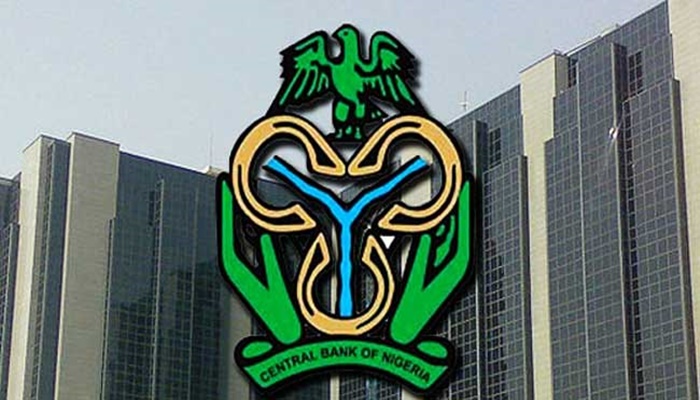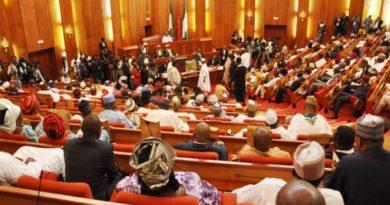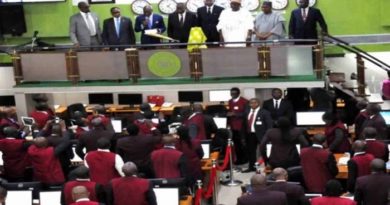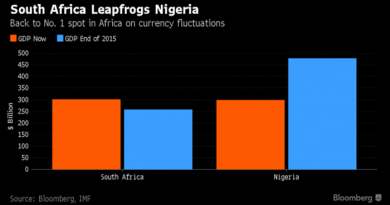We will soon enrol others in CRMS, GSI policy —CBN director
Mr Kevin Amugo, Director, Financial Policy and Regulation Department, CBN, on Friday said that talks were ongoing with other financial institutions, to bring them on board the Credit Risk Management System (CRMS).
Amugo made the announcement at a webinar in Lagos, organised by CRC Credit Bureau Limited, in association with Dun and Bradstreet.
The CBN director said that the sea routes to Global Standing Instruction policy(GSI) was the CRMS.
The News Agency of Nigeria (NAN) reports that the theme for the meeting was: GSI and Credit Bureau: “Strengthening Credit and Collections Management in Nigeria “.
” We have started conversations with them; very soon, they will be enrolled in the CRMS and invariably enrol in the Global Standing Instruction policy (GSI) and begin to reap the benefits of the GSI policy.
” Other financial Institutions are very important segment to CBN credit policy due to their huge numbers.
“Why we agreed that we should also enrol them in GSI is in terms of their great number, because they are the major users of the information of the credit policy.
“We have about 28 Deposit Money Banks(DMBs) but the number of other financial institutions are in thousands, that is why it is important for us to ensure that what we are doing to other DMBs, the same is done to them,”he said.
According to him, they are also the major funders of individuals and Small and Medium Enterprises.
Amugo explained however, that the reason other financial institutions were not registered with CRMS was because the apex bank was not directly linked to them.
He said that DMBs had their application systems linked directly to CBN and directly render returns on the platform.
He said that these were some of the things CBN would first of all look out for so as to enable it vouch on the integrity of their returns rendition and how they keep their accounts.
The General Manager and Chief Risks Officer (CRO), Union Bank PLC, Mrs Olajumoke Odulaja, said that the application of GSI would allow DMBs recover bad debt.
“It will improve loan portfolios because we will be able to recover bad debt and reduce credit risk premiums.
“It will also improve lending confidence, increase credit penetration and economic growth etc.
“For customers, it will restrict access to credit for chronic defaulters.
“The long term impact will be to improve credit culture, favourable credit terms-pricing and easy access to credit facilities, etc,”she said.
Mr Olumide Osundolire, Partner Banwo and Ighodalo, ccommended CBN for the policy and urged that the guidelines be reviewed.
“I commend the CBN for this policy; it should have the effect of strengthening the credit sector.
“But I will suggest that the guidelines be reviewed and an additional information be provided to address the information gap as it currently exist.
“Adequate information needs to be provided and that clarity will always strengthen the system, provide guidelines for people who want to do the proper thing and also give people clarity about their rights, duties and obligations,” he said.
He advised borrowers to be more careful when they sought to obtain credit facilities, urging them to always pay attention to details of the document by reading them properly.
The GSI, which went live on Aug. 1, was introduced to facilitate an improved credit repayment culture and reduce Non-Performing Loans (NPLs) in the banking industry.
It is also aimed at watch-listing consistent loan defaulters.
According to the apex bank, “The GSI serves as a last resort by a Creditor bank, without recourse to the Borrower, to recover past due obligations (Principal and Accrued Interest only, excluding any Penal Charges) from a defaulting Borrower through a direct set-off from deposits/investments held in the Borrower’s qualifying bank accounts with participating financial institutions”.(NAN)




